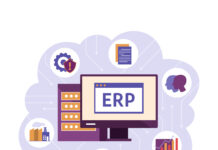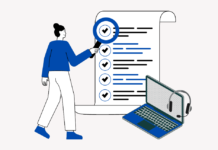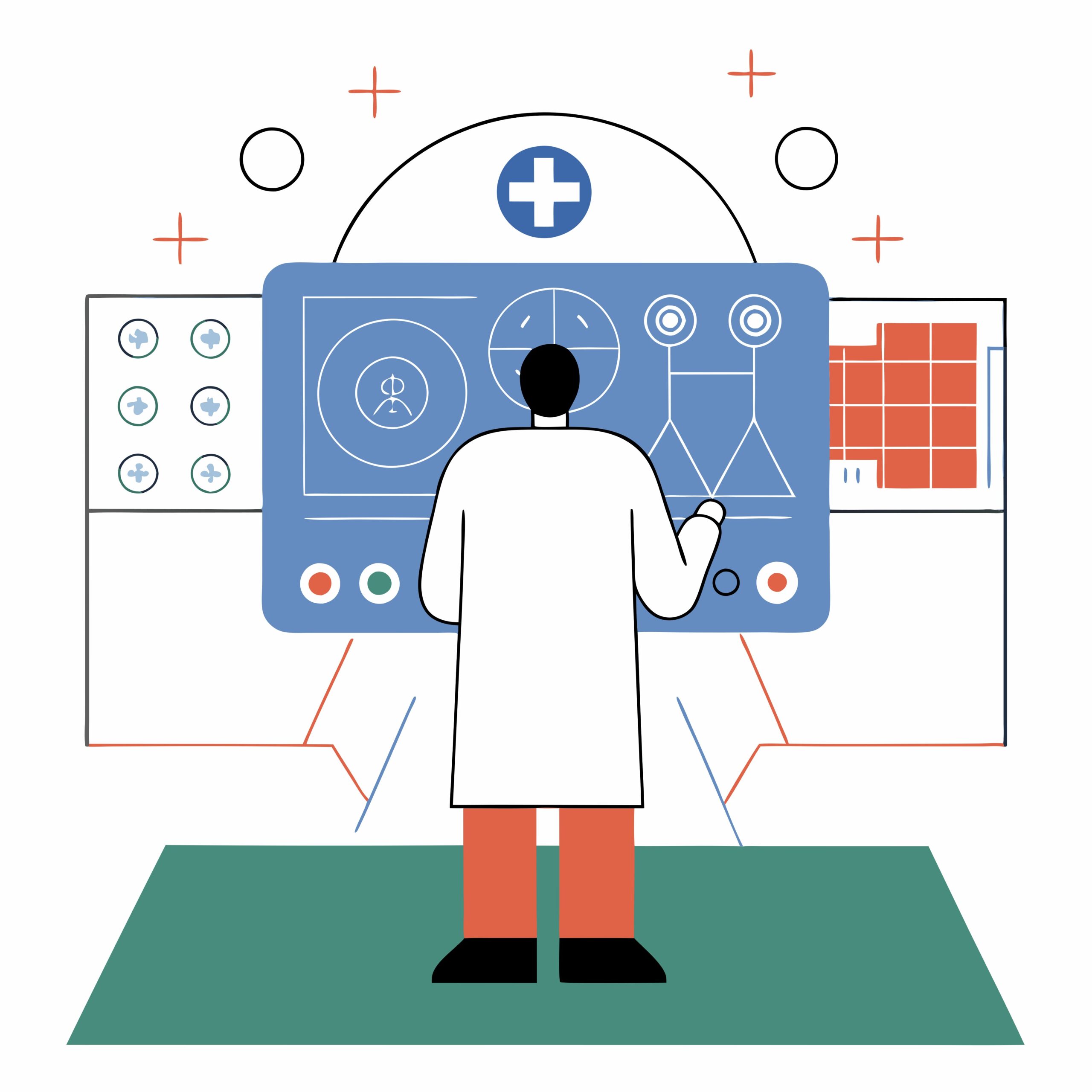What is Enterprise Resource Planning (ERP)?
Enterprise Resource Planning (ERP) is an integrated suite of software applications designed to streamline business operations, improve efficiency, and provide real-time insights into core processes such as finance, supply chain, human resources, and customer relationship management.
ERP systems are vital for organizations aiming to centralize data, automate workflows, and optimize resource allocation. With the right ERP solution, businesses can enhance decision-making and maintain a competitive edge.
How to Choose the Right ERP System for Your Business
Selecting the best ERP solution depends on various factors, including:
1. Business Size and Industry
- Large enterprises may require SAP S/4HANA or Oracle NetSuite for comprehensive solutions.
- Small to mid-sized businesses might benefit from NetSuite, Dynamics 365, or Workday ERP.
- Industry-specific needs can be met with Infor CloudSuite.
2. Cloud vs. On-Premise Deployment
- Cloud ERP solutions like Workday and NetSuite offer flexibility and lower maintenance costs.
- On-premise ERP systems like SAP S/4HANA provide greater control over data security and customization.
3. Integration and Customization
- Ensure the ERP system integrates seamlessly with existing software such as CRM, eCommerce platforms, and third-party applications.
- Look for customizable modules to align the ERP with specific business needs.
4. Scalability and Future Growth
- Choose an ERP that can scale with your business and accommodate future expansion.
- Opt for solutions with AI-driven automation and real-time analytics to support data-driven decision-making.
5. User Experience and Support
- A user-friendly interface ensures quick adoption and reduces training time.
- 24/7 customer support and regular updates are essential for smooth ERP operation.
Benefits of Implementing an ERP System
1. Improved Operational Efficiency
ERP automates routine tasks, reduces manual errors, and streamlines business operations for enhanced productivity.
2. Centralized Data Management
All business processes are integrated into a single platform, eliminating data silos and ensuring real-time insights.
3. Enhanced Financial Planning
With accurate financial reporting, businesses can manage budgets, forecast revenues, and optimize expenses effectively.
4. Better Supply Chain Management
ERP improves inventory tracking, procurement, and logistics, ensuring a seamless supply chain workflow.
5. Regulatory Compliance and Risk Management
ERP systems help businesses stay compliant with industry regulations by automating tax calculations and ensuring accurate financial audits.
The Future of ERP: Trends to Watch
1. AI and Machine Learning Integration
ERP systems are leveraging AI-driven insights to improve decision-making and automate complex processes.
2. Cloud-Based ERP Adoption
Businesses are shifting to cloud ERP solutions for increased flexibility, remote accessibility, and cost-effectiveness.
3. Mobile ERP Solutions
With the rise of remote work, mobile-friendly ERP platforms ensure real-time access to critical business data.
4. IoT and Blockchain in ERP
IoT-enabled ERP improves supply chain tracking, while blockchain enhances security and transparency in transactions.
5. Personalization and Customization
ERP providers are focusing on tailored user experiences with customizable dashboards and industry-specific modules.
Conclusion
Enterprise Resource Planning (ERP) products are crucial for businesses aiming to enhance productivity, streamline operations, and drive growth. Whether you are a startup or a multinational corporation, selecting the right ERP solution can transform your business processes and improve efficiency.














